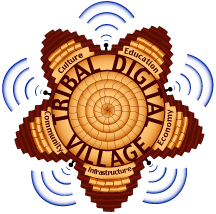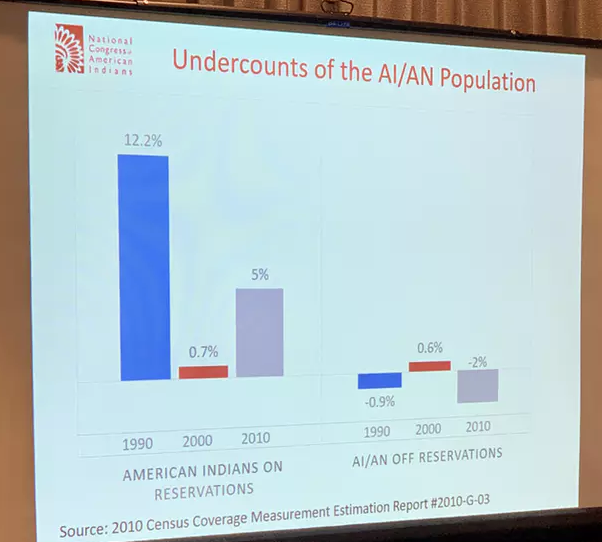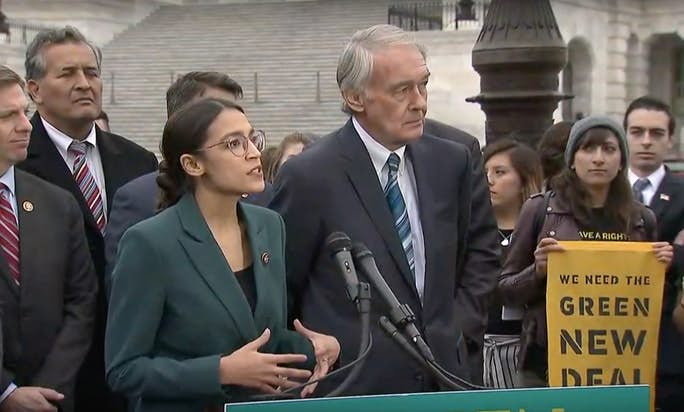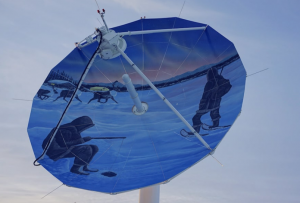Partnership With Native Americans: Supporting Native American Communities in Need #ORGinAction
By Tony Connor, Director of Marketing, Public Interest Registry
As a part of our reoccurring #ORGinAction series – which spotlights organisations who trust the .org domain to support their communication efforts – we are happy to introduce you to the Partnership With Native Americans (PWNA) who was also this year’s #ORGinAction social contest winner!
PWNA is a nonprofit organisation that works to empower and support Native American reservations in impoverished, remote areas. They collaborate with their reservation partners to provide material aid, educational support and community-based services for Native American communities.
Public Interest Registry interviewed Robbi Rice Dietrich, President/CEO for Partnership With Native Americans, to hear more about the work they do. We hope you enjoy the following Q&A.
Q: What sparked the creation of the Partnership With Native Americans?
A: Our organisation was established nearly 30 years ago to improve the quality of life for Native Americans and support positive change in reservation communities that are often impoverished and have severely limited access to jobs, healthcare, healthy food, utilities and other essentials.
The word “partnership” in our organisation’s name is very important as it highlights our relationship and approach with tribal communities. PWNA partners with more than 300 programs on 60 reservations to serve as a bridge between off-reservation resources and on-reservation needs. Working together, we ensure immediate and long-term impact for residents of these underserved tribal communities, based on the solutions they identify.
Q: Tell us about an accomplishment or recent initiative you are most proud of.
A: Capacity building is of utmost importance for positive change within Native communities. Two of PWNA’s most important initiatives with long-term impact focus on creating additional resources within communities.
Through our Four Directions (4D) program, PWNA is providing personal and professional development and training for grassroots leaders who want to make a greater impact in their tribal communities. They self-determine their development goals and over six months advance through a 4D cohort and work with assigned mentors to meet those goals.
Through our community investment projects for Emergency Preparedness and training, PWNA is supporting remote tribal communities with planning, emergency response training and readiness to respond when disaster strikes. Emergency response and news coverage about disasters on the reservations is often slow, so tribal communities are coordinating an internal response in advance of disasters, with the support of PWNA.
Q: What do you wish more people knew about Partnership with Native Americans and the work you do?
A: Partnership With Native Americans is actually one of the largest Native-serving nonprofits in terms of services offered and geographic scope, providing more than $30 million in aid annually to Native communities throughout the Northern Plains and Southwest regions of the United States. Our organisation is distinguished from other Native-focused nonprofits in several ways:
PWNA’s goods and services are delivered year-round, rather than as one-off or seasonal instances.
PWNA works effectively in Indian Country because we collaborate with about 1,000 organisations that are based on reservations and identify their needs and solutions first hand.
PWNA provides only those goods and services requested by reservation partners, delivering the agreed upon quantities at the agreed upon times to organisations that are doing excellent work in their communities. This ensures PWNA supports the self-determined priorities and initiatives of tribal communities.
PWNA’s commitment to quality service and accountability in supporting the self-determined priorities and initiatives of tribal communities distinguishes us in the kind of relationship we maintain with tribal communities.
PWNA offers programs that are uniquely different from those of other Native-serving nonprofits, including:
Scholarships to support higher education of diverse Native students
Personal and professional development training for emerging leaders
Nutrition training and community gardening
Animal welfare and placement support
Emergency preparedness planning and training
Q: What one issue is most critical to your organisation at this time?
A: Our organisation is confronted with the public’s perception of Native American life, shaped by inaccurate reporting of history and a lack of factual information. There is a disconnect between the public perception of reservation life and reality. Unfortunately, these misconceptions lead to public apathy and under-giving.
For example, many people believe the cost of living for Native Americans is entirely subsidized due to treaty terms – that health care, housing and higher education are free through federal funding – and that most Native Americans receive substantial casino income. These are inaccurate perceptions.
What most people do not realize is that treaties and agreements are and have been severely underfunded for years, casino revenue is not available to all or even most tribes, and living conditions in many reservation communities are comparable to those of Third World countries. People living on remote reservations where PWNA works often lack access to basic needs that most Americans take for granted, such as healthy food, medical care, clean water, fuel and utilities. Lack of transportation also limits access to community life and social engagement vital to one’s health and well-being.
Dispelling these misperceptions is critical to engaging more support for tribal communities.
Q: How do you see Partnership with Native Americans evolving over the next 5 – 10 years?
A: PWNA’s mission will remain consistent over the next 5-10 years, as it includes both serving the immediate needs of reservation communities as well as supporting the long-term solutions that help those living on the reservations improve their quality of life.
PWNA’s work with community partners in the areas of nutrition, access to higher education, training for emerging leaders, and locally-based emergency preparedness are key to building capacity and addressing pressing issues. Social and infrastructure changes will take many more years as water and, waste water systems, electric and other energy sources, Internet connectivity, and access to quality local health care, healthy foods and jobs are made possible. In the meantime, the residents of these communities need immediate assistance with the delivery of clean drinking water, school supplies, emergency food, winter fuel, and other provisions not locally available or affordable to them.
Q: How has aligning your organisation with the .org domain helped to reach your key constituents?
A: As a nonprofit, PWNA has a role in preserving the public trust, both for our organisation and the industry, in general. PWNA voluntarily undergoes bi-annual evaluations by the Better Business Bureau (BBB) Wise Giving Alliance to continuously improve our organisation and maintain our BBB accreditation. We maintain transparency through our GuideStar Platinum membership, impact reporting and ensuring independently audited financials. Being a nonprofit organisation with a registered .org domain also makes us more credible and trustworthy, which attracts future donors and helps existing donors feel more confident in their giving decisions.
Q: Which social channel do you find is the most beneficial to achieving your Communications goals, and why?
A: Our Facebook channel is the most important for reaching a broad, diverse audience. We’re also keen on presenting relevant, interesting and helpful content on our blog. PWNA’s blog serves as a place to reveal and share stories of hope and impact with potential funders and educate the American public about misconceptions and realities on the reservations.
Q: How can the general public support the work your organisation is doing?
A: PWNA serves the reservations with the highest need in the U.S. Being accurately informed about the realities and challenges of reservation life is central to making a difference. Less than one percent of all charitable giving in the U.S. goes to Native causes, yet the necessity is astounding. The general public is critical in helping to shift perceptions and further encourage support of Native American communities.
Partnership With Native Americans encourages everyone to learn more about the indigenous people living in America, the accurate history of the losses they have endured, and how those losses continue to impact Native communities today. To learn more about this organisation and about other Native-serving nonprofits also working to improve quality of life for the first Americans, visit their website at www.nativepartnership.org.





Comments are closed here.